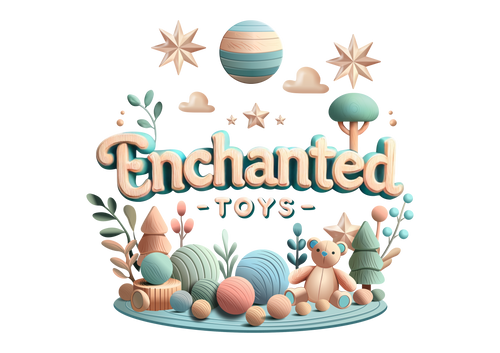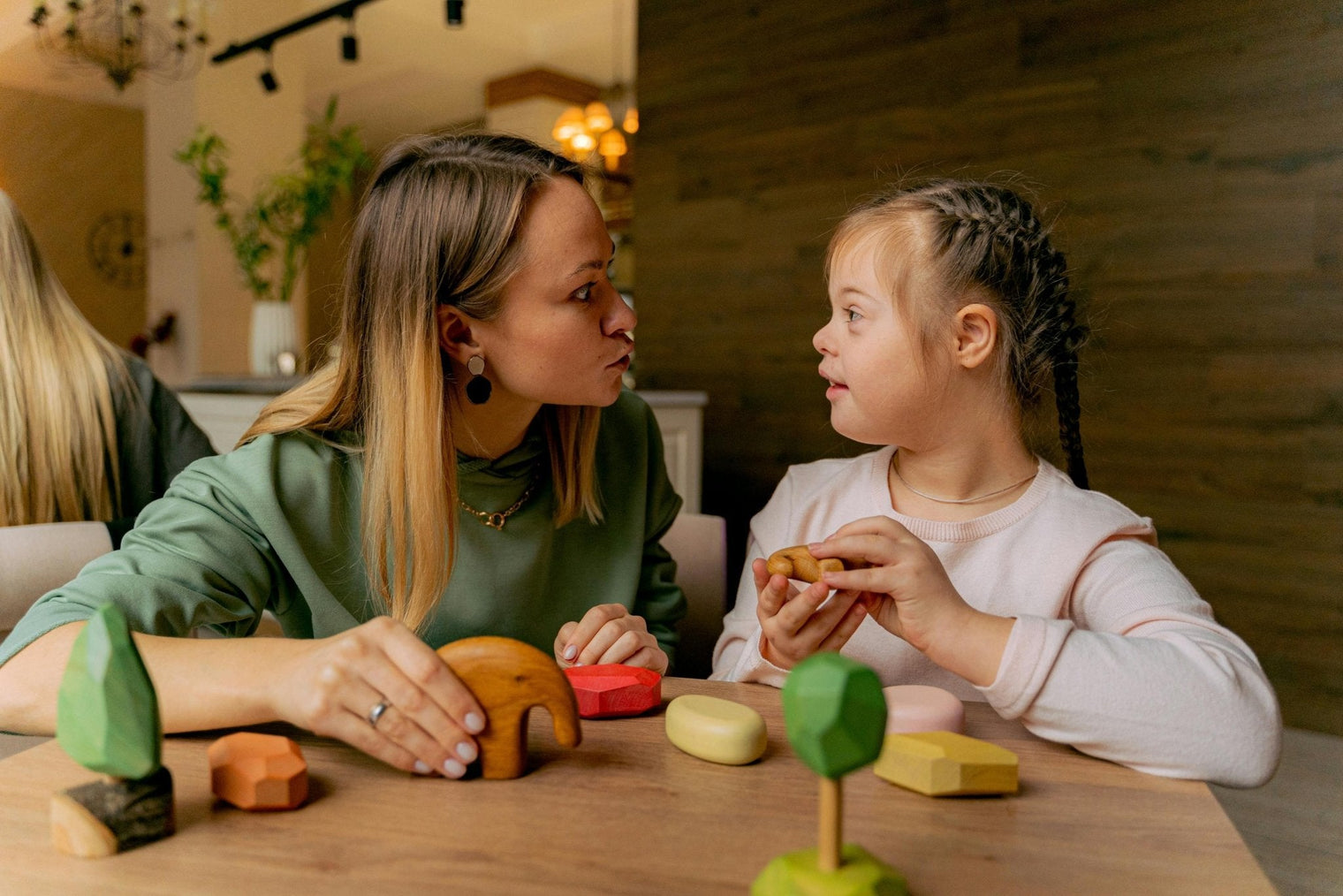Sensory toys are more than just fun—they are essential tools that stimulate a child’s cognitive, motor, and emotional development. From textured balls to fidget toys, these interactive items can help children improve focus, develop fine motor skills, and even manage emotions. For children with conditions like Autism or ADHD, sensory toys provide a calming, structured way to explore the world and enhance their overall development.
The Benefits of Sensory Toys for Child Development
Sensory toys have become a vital tool in early childhood development, offering more than just fun and entertainment. These specially designed toys engage a child’s senses—touch, sight, sound, and even smell—promoting cognitive, motor, and emotional growth. Let’s explore the key benefits sensory toys offer and how they can be especially helpful for children with varying conditions like Autism or ADHD.
Boosting Cognitive Development
Sensory toys like textured balls, squishy animals, and fidget toys help children improve problem-solving skills and hand-eye coordination. By encouraging kids to explore and manipulate objects, they enhance their ability to focus, recognise patterns, and develop critical thinking.
Building Motor Skills
Toys that engage touch, such as soft plush toys or stacking rings, can aid in fine and gross motor development. As children grab, squeeze, and stack these toys, they strengthen their hand muscles, which later supports skills like writing, cutting, and buttoning clothes.
Regulation of Emotions
For children with Autism, ADHD, or sensory processing disorders, managing emotions can be challenging. Sensory toys like stress balls, fidget spinners, or tactile blankets offer comfort by providing a soothing distraction. These toys can act as calming tools, helping children self-regulate in overwhelming environments.
Improved Social Interaction
Sensory play often encourages group interaction. Whether it’s building with blocks or working together on a puzzle, these toys foster communication, sharing, and cooperative play. For children with developmental delays or speech impairments, sensory play is a non-verbal way to connect with others, promoting social skills.
Support for Special Needs
Children with Autism, ADHD, and other developmental challenges benefit significantly from sensory toys. For instance, children with Autism often have heightened sensory sensitivities, making everyday environments overwhelming. Sensory toys offer a safe and controlled way to explore the world around them, reducing anxiety. Similarly, kids with ADHD find that sensory toys help them focus by offering something to fidget with, channelling their energy into productive play.
Incorporating sensory toys into your child’s routine is a powerful way to support their development, regardless of their abilities. From regulating emotions to building fine motor skills, these toys open up new ways for children to interact with the world around them, encouraging growth through play.

